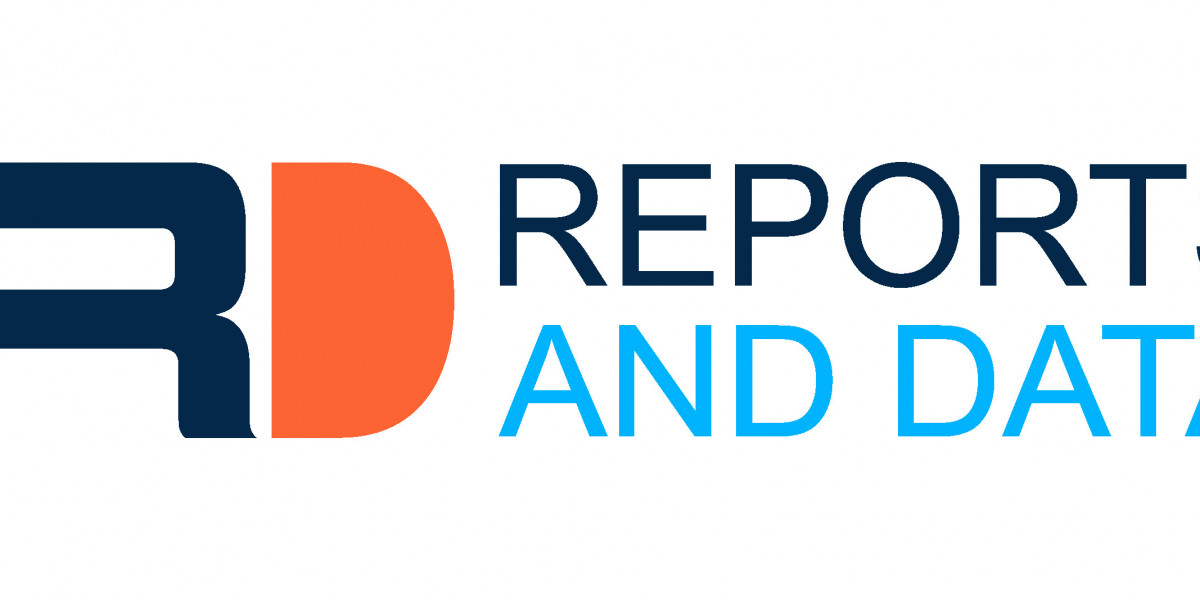As online education continues to gain popularity, the landscape of assessment methods has evolved, with proctored exams becoming a common practice. Proctored exams offer a secure way to assess students' knowledge and understanding of course material. In this comprehensive handbook, we delve into the world of online course proctored exams, providing strategies to navigate challenges and excel with integrity. Additionally, we address the controversial concept of pay someone to take my online course, exploring its implications and offering alternatives for ethical academic success.
Understanding Proctored Exams in the Online Environment
1. The Role of Proctored Exams
Proctored exams serve as a method to maintain the academic integrity of online courses. They aim to ensure that the student taking the exam is the one enrolled in the course, preventing cheating and unauthorized assistance. Understanding the purpose and significance of proctored exams is essential for students preparing for these assessments.
2. Common Proctoring Methods
Proctoring methods vary, and understanding the mechanisms used by your institution is crucial. Some common proctoring methods include live online proctors, AI-based proctoring, and in-person proctoring at designated testing centers. Familiarize yourself with the specific proctoring method employed in your course to adequately prepare.
Strategies for Excelling in Proctored Exams
1. Thorough Preparation
The foundation of success in proctored exams lies in thorough preparation. Create a comprehensive study plan, review all relevant materials, and ensure you have a solid understanding of key concepts. Thorough preparation not only boosts your confidence but also contributes to better performance on the exam.
2. Simulate Exam Conditions
Practice under conditions similar to the actual exam to acclimate yourself to the testing environment. Use the same technology, set up your workspace as you would for the exam, and adhere to the time constraints. Simulating exam conditions during practice sessions enhances your ability to perform well under the pressure of the real test.
3. Familiarize Yourself with Proctoring Technology
Different proctoring technologies may have specific requirements. Whether it's facial recognition, screen monitoring, or keystroke analysis, familiarize yourself with the proctoring technology in use. This understanding ensures a smoother exam experience and minimizes potential technical issues.
4. Time Management Strategies
Effective time management is crucial during proctored exams. Allocate time strategically for each section of the exam, and be mindful of the clock to avoid spending too much time on one question. Time management strategies vary, so find a method that works best for you through practice and experimentation.
The Ethical Dilemma: Paying Someone to Take Your Online Course
1. Understanding the Implications
The idea of paying someone to take your online course raises ethical concerns that extend beyond academic dishonesty. It undermines the educational process, devalues the credentials earned, and compromises the integrity of the entire academic system. Understanding the ethical implications is essential for making informed decisions about your academic journey.
2. Academic Integrity Policies
Most educational institutions have strict academic integrity policies that explicitly prohibit cheating, plagiarism, and any form of unauthorized assistance. Engaging in practices such as paying someone to take your course is a direct violation of these policies, leading to severe consequences, including academic penalties and potential expulsion.
3. Legal and Contractual Considerations
Paying someone to take your online course may involve entering into a contractual arrangement. However, the legal validity of such contracts is questionable, and students engaging in these transactions may find themselves facing legal ramifications. It's crucial to consider the potential legal consequences before pursuing such arrangements.
Alternatives to Unethical Practices
1. Seek Academic Support
Instead of resorting to unethical practices, explore the academic support services offered by your institution. Most universities provide tutoring services, writing centers, and additional resources to help students succeed. Seeking assistance from these resources not only enhances your understanding of the material but also upholds the principles of academic honesty.
2. Utilize Online Learning Resources
Take advantage of the multitude of online learning resources available. Platforms such as Khan Academy, Coursera, and edX offer a wide range of courses and tutorials on various subjects. Supplementing your course material with these resources can provide additional insights and explanations.
3. Form Study Groups
Collaborating with peers in study groups is an effective way to enhance your understanding of course material. Engaging in discussions, explaining concepts to others, and working through problems collectively contribute to a deeper comprehension of the subject. Study groups foster a supportive learning community.
4. Communicate with Instructors
Maintain open communication with your instructors regarding any challenges you may be facing. Instructors are there to support your academic journey and can provide guidance, clarification, and additional resources. Proactively seeking assistance demonstrates your commitment to your education and integrity.
Advanced Strategies for Mastering Proctored Exams
1. Develop Critical Thinking Skills
Proctored exams often require more than memorization; they assess your ability to apply critical thinking skills. Practice analyzing information, evaluating arguments, and synthesizing concepts. Developing strong critical thinking skills enhances your performance in proctored exams and prepares you for real-world problem-solving.
2. Effective Stress Management
Proctored exams can induce stress and anxiety, impacting your performance. Develop effective stress management techniques, such as deep breathing exercises, mindfulness, or visualization. Maintaining a calm and focused mindset during exams contributes to clearer thinking and improved results.
3. Collaborate with Instructors
Establishing a positive relationship with your instructors can be beneficial during proctored exams. If you encounter technical issues or face unexpected challenges, having open communication with your instructors allows for prompt resolution and ensures a fair evaluation of your performance.
Post-Exam Strategies for Continuous Improvement
1. Review Exam Feedback
After receiving your exam results, thoroughly review the feedback provided by instructors. Identify areas for improvement and consider the feedback as constructive guidance. Use this information to adjust your study strategies and enhance your understanding of the course material.
2. Reflect on Learning Techniques
Reflect on the effectiveness of your learning and study techniques. Consider what worked well and what could be improved. As you progress through your academic journey, refine your approach to align with your learning style and preferences.
3. Seek Additional Learning Opportunities
Proctored exams provide a valuable opportunity for continuous learning. Identify areas where you can enhance your skills and seek additional learning opportunities, such as webinars, workshops, or specialized courses. Investing in your education beyond the exam contributes to long-term academic success.
Conclusion: Navigating Proctored Exams with Integrity
In conclusion, the ultimate online course proctored exam handbook emphasizes the importance of preparation, ethical conduct, and continuous improvement. Proctored exams serve as a means to assess knowledge and skills, and excelling in these assessments requires a combination of thorough preparation, effective time management, and advanced critical thinking skills.
While the temptation to pay someone to take your online course may arise, the ethical and academic consequences far outweigh any potential benefits. Instead, focus on leveraging academic support, utilizing online resources, and engaging in collaborative learning to enhance your understanding of course material.
As you navigate the challenges of proctored exams, remember that academic success is not just about the grades but about the knowledge and skills acquired along the way. Upholding integrity in your academic journey ensures that the credentials you earn hold true value and contribute to your personal and professional growth.
Embrace the learning process, seek support when needed, and approach proctored exams with a commitment to excellence and ethical conduct. By doing so, you not only navigate the world of online education successfully but also contribute to the integrity and reputation of the academic community as a whole.








